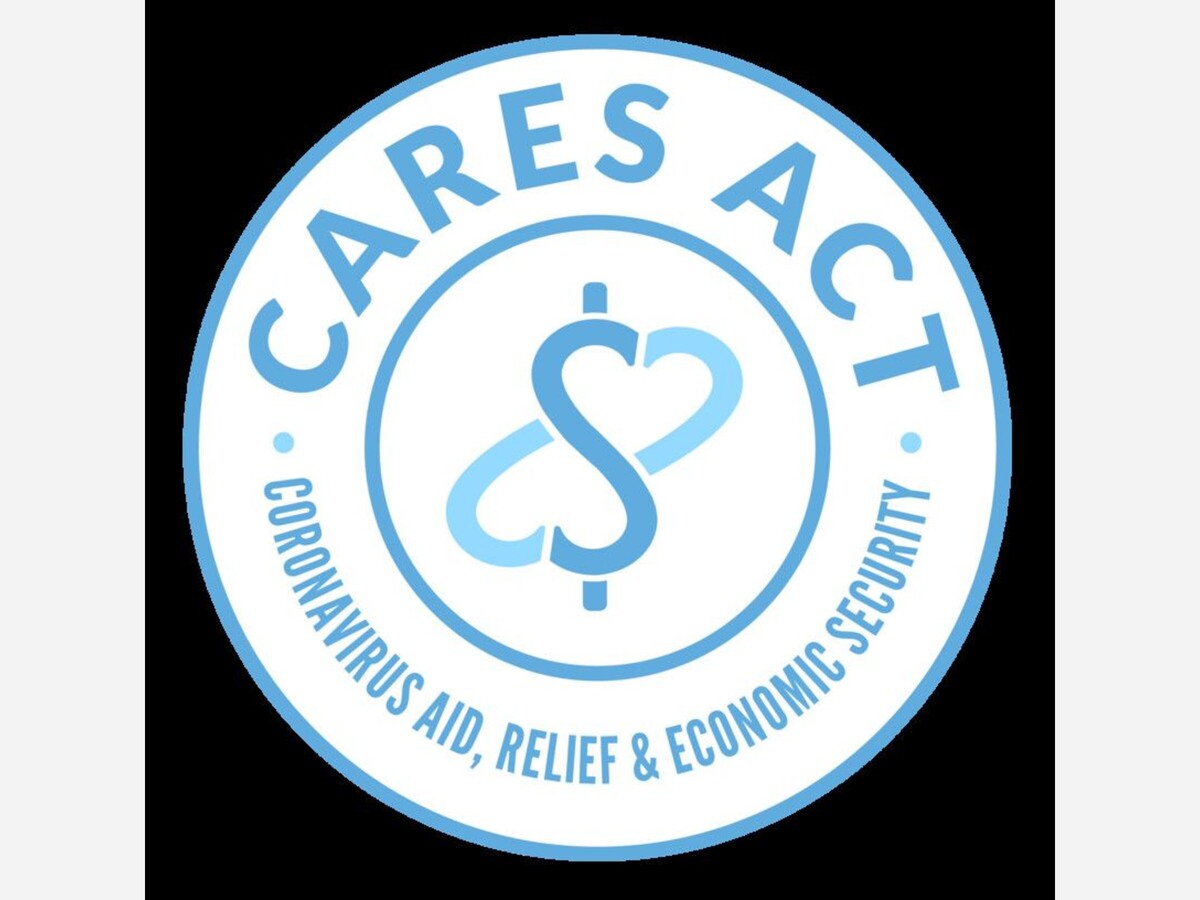Image

Baltimore County Businessman Sentenced to Prison for Fraudulently Obtaining More Than $1.3 Million in COVID-19 Cares Act Loans
Defendant used Paycheck Protection Program Funds on Mercedes-Benz and extensive home renovations
U.S. District Judge Richard D. Bennett sentenced David Epstein, 46, of Owings Mills, Maryland, to one year and one day in federal prison and 12 months of home incarceration. The sentence is in connection with his previous guilty plea to one count of wire fraud for submitting fraudulent CARES Act loan applications.
Kelly O. Hayes, U.S. Attorney for the District of Maryland, announced the sentence with Special Agent in Charge Kareem A. Carter, Internal Revenue Service – Criminal Investigation (IRS-CI), Washington, D.C. Field Office.
The Coronavirus Aid, Relief, and Economic Security (CARES) Act — a federal law enacted in March 2020 — provided emergency financial assistance to Americans suffering from the economic effects of the COVID-19 pandemic. It gives financial assistance including forgivable loans to small businesses for job retention and other expenses. Established by the CARES Act, the Paycheck Protection Program (PPP) — administered through the Small Business Administration (SBA) — along with the Economic Injury Disaster Loan (EIDL), helped businesses meet their financial obligations.
According to his plea agreement, and other court documents, beginning in May 2020, and continuing through February 2021, in the District of Maryland, Epstein engaged in a scheme to defraud financial institutions, including Cross River Bank, Bluevine, Celtic Bank, and the SBA, to obtain fraudulent loans for his business PEI Staffing (PEI), a temporary staffing company, under the PPP and EIDL programs.
On April 30, 2020, Epstein submitted a false and misleading PPP loan application in the name of PEI, seeking approximately $1,307,170 in funds. The application contained false statements and omissions relating to PEI including its number of employees. According to the application, PEI employed 382 workers but had only listed 79 on an IRS Form 941 for the second quarter of 2020. Other inaccuracies listed on the application were wages paid to employees and how funds would be used, such as for payroll and business rent and utilities. Epstein also falsely stated that he did not have common management with any other businesses, but he was a common manager of both PEI and Stafquik.
In February 2020, Epstein submitted a fictitious SunTrust Bank statement, claiming the account belonged to PEI. Instead, the account was connected to Stafquik. Epstein admitted that he altered the bank statement to submit PPP applications for PEI.
Then on May 4, 2020, approximately $1,307,170 in PPP loan proceeds were disbursed to the SunTrust Stafquik account. Within four days, Epstein opened four personal bank accounts at two separate banks where he subsequently transferred the PPP loan money that he eventually used for impermissible personal and other unauthorized expenses.
For example, one day after receiving the PPP funds, Epstein transferred $110,356.48 from the SunTrust account to Mercedes-Benz Financial in connection with a payment for a 2019 Mercedes-Benz GT43C4 automobile that he previously purchased. In addition, beginning on May 20, 2020, through August 2020, Epstein transferred approximately $138,522.22 in PPP funds to a contractor to complete extensive renovations on his home, including the installation of a pool. Epstein also admitted he used the PPP funds to pay a $100,000 settlement agreement; $344,341.05 debt to a business partner; and for various other personal expenses, including a trip to a luxury golf resort and personal debts.
Epstein also attempted to repeatedly add individuals whom he owed money to PEI’s payroll to make it appear that they were employees. Epstein attempted to hiding the PPP loan amount he received from family members, PEI employees, and various business partners he owed money.
The District of Maryland Strike Force is one of five strike forces established throughout the United States by the U.S. Department of Justice to investigate and prosecute COVID-19 fraud, including fraud relating to the Coronavirus Aid, Relief, and Economic Security (CARES) Act. The CARES Act was designed to provide emergency financial assistance to Americans suffering the economic effects caused by the COVID-19 pandemic. The strike forces focus on large-scale, multi-state pandemic relief fraud perpetrated by criminal organizations and transnational actors. The strike forces are interagency law enforcement efforts, using prosecutor-led and data analyst-driven teams designed to identify and bring to justice those who stole pandemic relief funds.
For more information on the Department’s response to the pandemic, please visit https://www.justice.gov/coronavirus. Anyone with information about allegations of attempted fraud involving COVID-19 can report it by calling the Department of Justice’s National Center for Disaster Fraud (NCDF) Hotline at 866-720-5721 or via the NCDF Web Complaint Form at: https://www.justice.gov/disaster-fraud/ncdf-disaster-complaint-form.
U.S. Attorney Hayes commended the IRS-CI for its work in the investigation. Ms. Hayes also thanked Assistant U.S. Attorney Paul A. Riley, who is prosecuting the case, and recognized Paralegal Specialist Joanna B.N. Huber and the Maryland COVID-19 Strike Force for their valuable assistance.